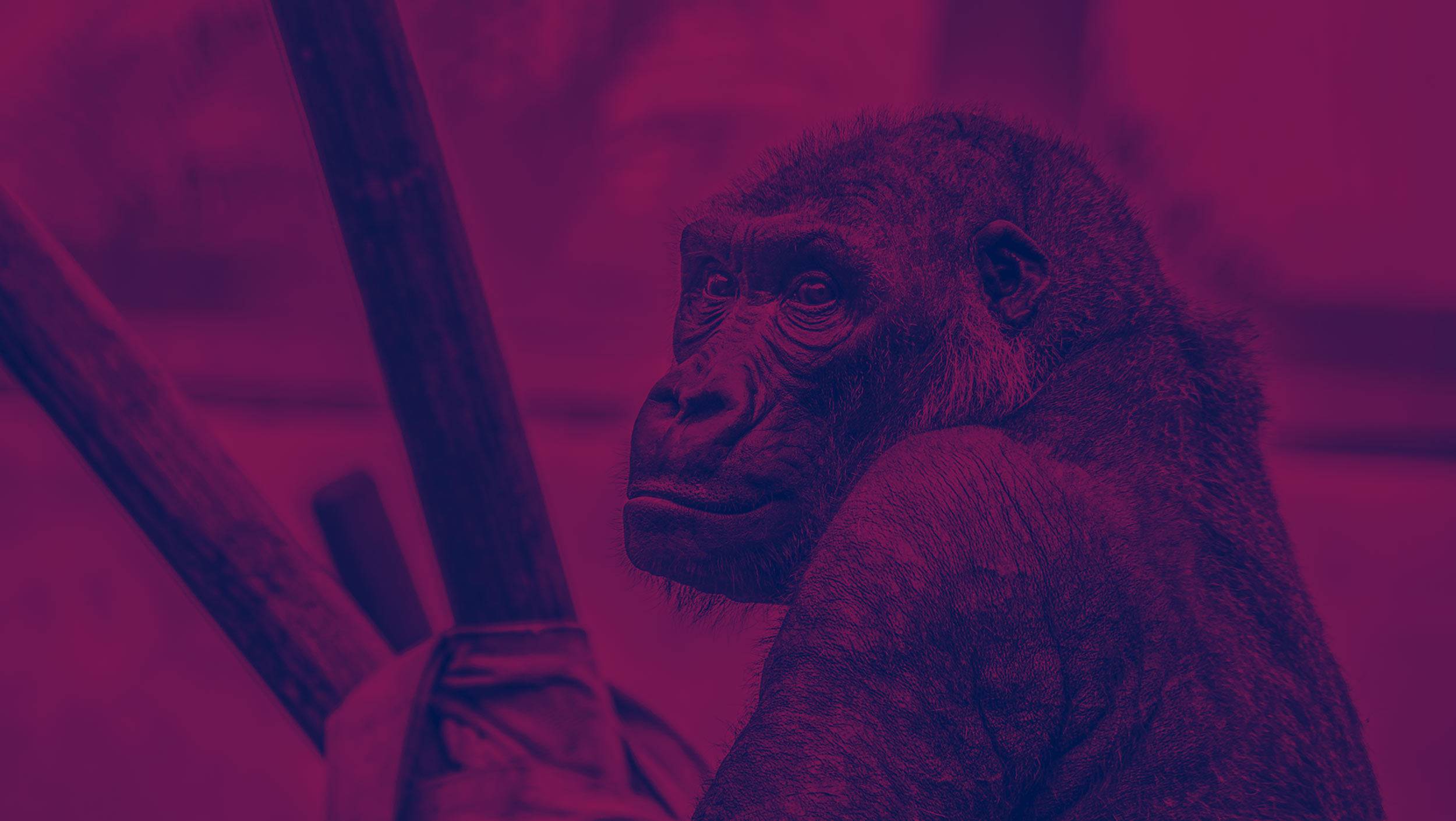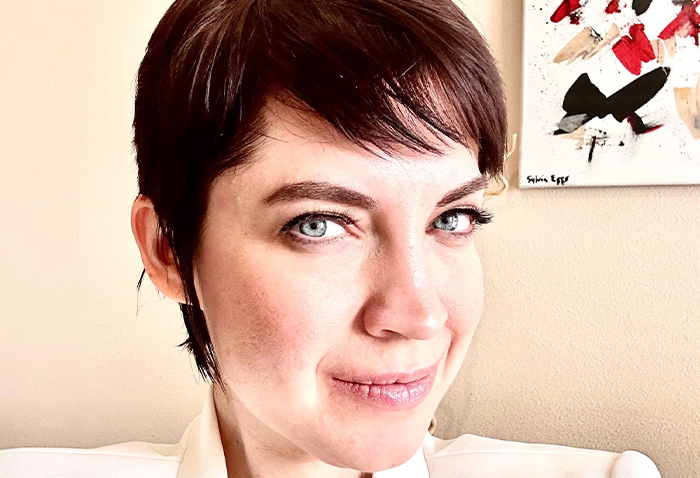
Same-Sex Female Relationships (Between Great Apes) With Dr. Frans De Waal
The TRUE Place Where Females Are In Charge And Have Orgies With Each Other All Day Long…
What if I told you that our closest relative in the animal kingdom (with whom we share, literally 99% of our DNA) is a great ape that lives in a female-dominated society where the females band together against the males and have sex with each other all the time?
Would you believe me?
This sounds like hippie-feminist utopia fiction, too good to be true.
But actually, what I’m talking about is very real. The great ape that I’m talking about is called The Bonobo. The bonobos are our closest relatives in the animal kingdom.
They live in matriarchal societies where the females dominate over the males. And they have sex with each other at almost every occasion, all throughout the day.
True story. Not joking.
We share 99% of the same DNA with the bonobos.
And on today’s podcast I interview the world’s leading primatologist, Dr. Fanz De Waal to ask all about them.
Our “Inner Ape”
See, human beings are primates.
We are one of the great apes. So everything that Dr. De Waal has discovered about primates brings us deep insights about our own human nature.
Our behavior is shaped by our genes and our genes are 99% as the great apes.
Human Nature
We might not realize this, but we are the way we are (in most respects) because we evolved to be this way. We evolved to act the way we act, to think the way we think, to want the things we want and to feel the things we feel.
Human nature is exactly that – it’s our nature.
No matter how cultured we think we are, there is a biological basis for the way we behave. We are born with certain hard-wiring that developed for the survival of our species and we don’t even realize how deeply we’re driven by these structures.
Learning from the master...
My guest on today’s podcast, Dr. Frans De Waal, is famous for taking what he learns from observing primates and applying it to understanding human behavior and human societies.
Because we are basically the same as apes, in terms of our genes. We share 99% of our DNA with the bonobos and also the chimpanzees (our other closest relative.)
And along with the 99% of our DNA, we also share social behavior, social strategies and basic drives.
The chimps and bonobos have relationships a lot like ours. The way they fight, the way they make up, the way they organize in groups… We’re very similar, as you will hear.
What does this have to do with lesbian dating?
Let’s not forget: this is a podcast about women’s relationships with other women.
So during this interview I was focused on the ways female primates relate to each other.
In this interview I ask Dr. De Waal all about female bonobos and female chimpanzees and their relationships with each other and what women like us can learn about ourselves and our relationships from this perspective.
These are questions I had been dying to ask him every since I discovered his work.
We talk about female friendships, female fights and female power. And (in case you were wondering) Dr. De Waal also shares with us the most popular position female bonobos use when they have sex with each other.
Don’t miss out.
Dr. Frans De Waal is a Dutch/American biologist and primatologist who is known for his studies of primate behavior and for drawing parallels between primate and human behavior, including morals and politics and making up after fights, and even culture.
As he tells us on the podcast, he’s the scientist who discovered that animals reconcile after fights, just the way humans do (or, just the way we humans DON’T do, for those of us who hold grudges, which some chimps and bonobos actually do, which you’ll hear about on this podcast.)

About Dr. Frans De Waal
Frans De Waal is the C. H. Candler Professor in the Psychology Department of Emory University and Director of the Living Links Center at the Yerkes National Primate Research Center, in Atlanta, Georgia. Since 2013, he is a Distinguished Professor (Universiteitshoogleraar) at Utrecht University. He has been elected to the (US) National Academy of Sciences, the American Academy of Arts and Sciences, and the Royal Dutch Academy of Sciences. In 2007, he was selected by Time as one of The Worlds' 100 Most Influential People Today, and in 2011 by Discover as among 47 (all time) Great Minds of Science. He is also editor-in-chief of the journal Behaviour.You can find him at http://www.emory.edu/LIVING_LINKS/people/dewaal.shtml

